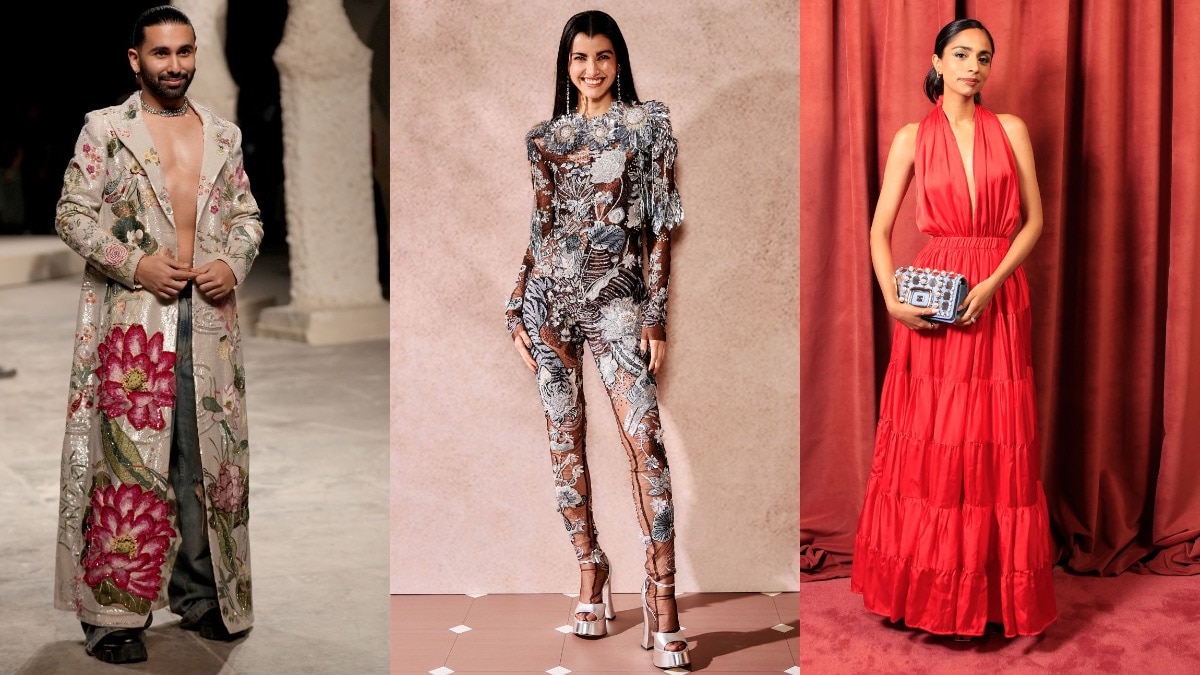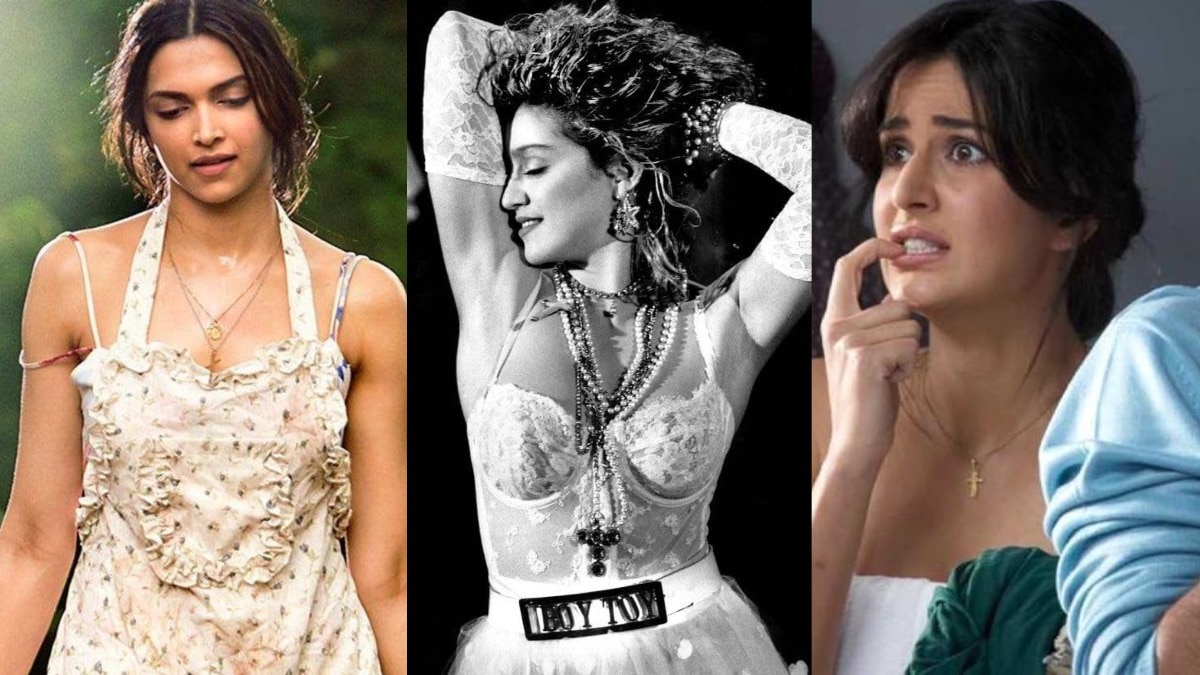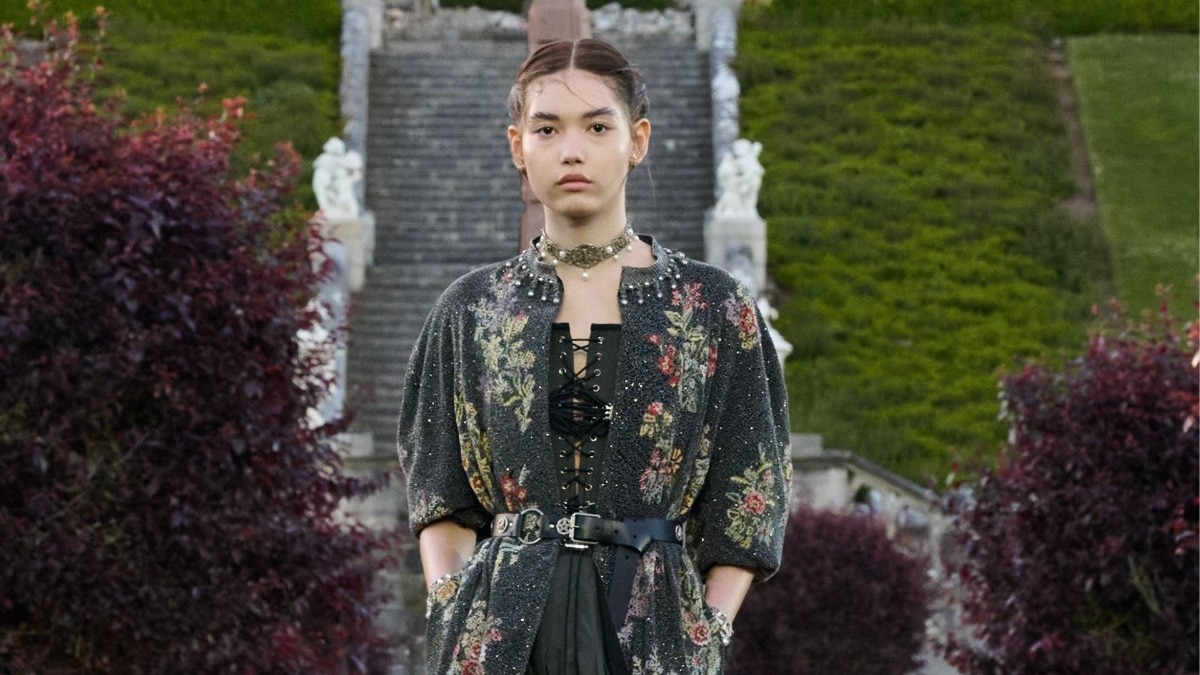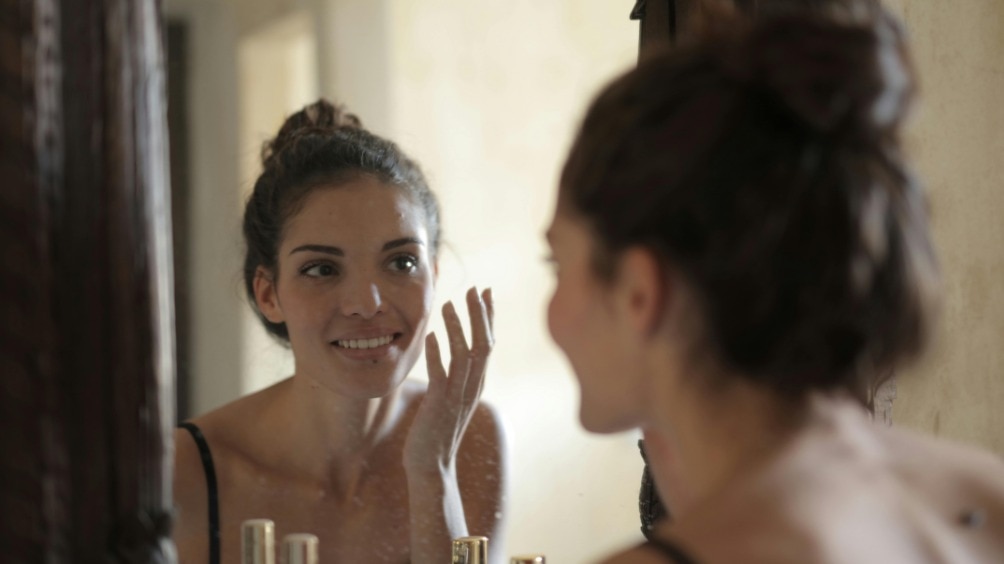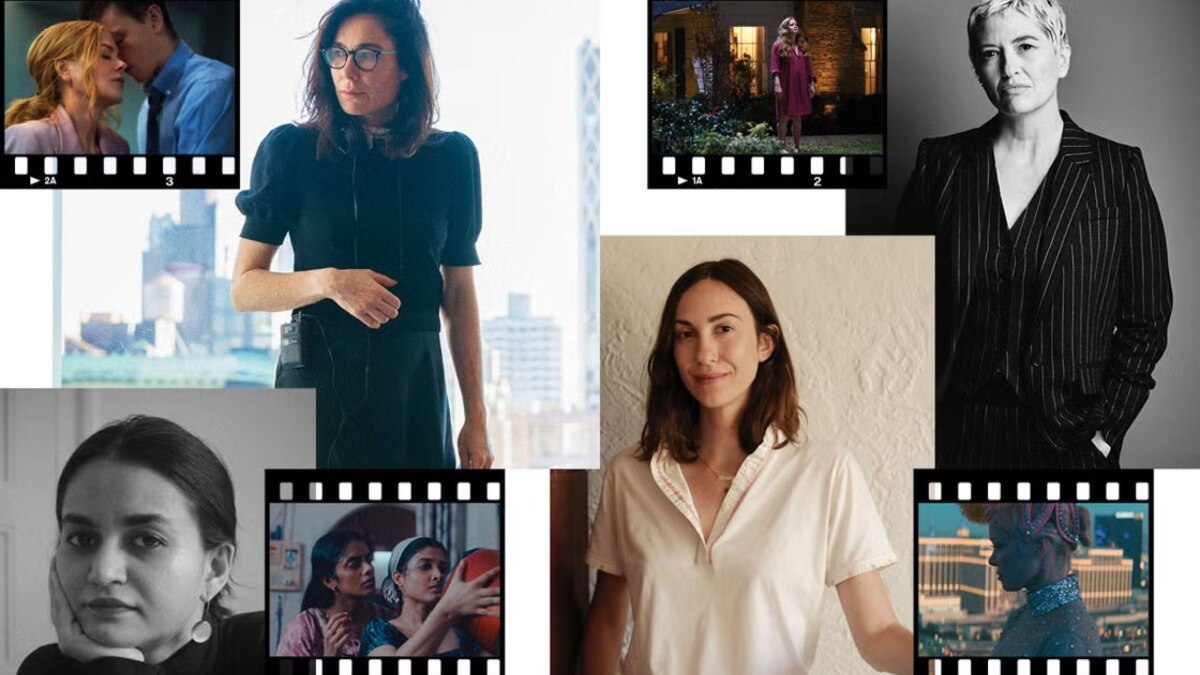Celine Song and Adele Lim on the essence of Asian identity, the power of perseverance, and breaking new ground
The writer-director duo shed light on telling stories that reflect the complexity of Asian identity.

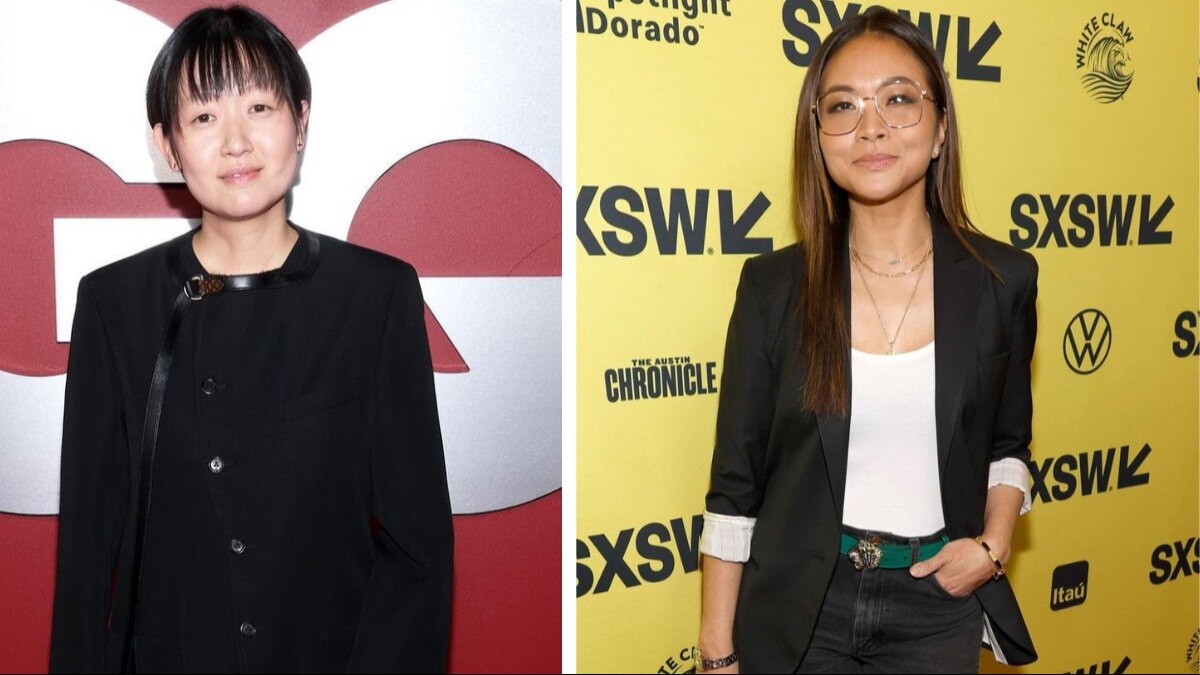
This past summer, two movies exploring facets of the Asian American experience hit theatres. Both arrived by way of female filmmakers marking their feature-directorial debuts. Both drew critical acclaim, but they couldn’t be more different. Writer-director Celine Song’s Past Lives, starring Greta Lee, is a semi-autobiographical indie from art-house outfit A24 about a Korean-American New Yorker (Lee) whose marriage begins to buckle under the weight of the past when her childhood crush (Teo Yoo) visits from South Korea. The movie is an intimate drama that unfurls bilingually through English and Korean in subdued tones on Skype, huddled over bar countertops, and in the enclosed rooms of a Manhattan apartment.
Adele Lim’s Joy Ride is not what you’d call intimate—unless you’re referring to the many raunchy jokes and gags and elaborate comic set pieces that revolve around its ensemble’s sex lives. Lim’s spin on road-trip comedy follows a woman who was adopted as a child (Ashley Park), and whose friends join her on a journey to China in search of her birth parents. Here too, there is a touch of autobiography. Lim and the movie’s cowriters, Cherry Chevapravatdumrong and Teresa Hsiao, wanted to create a gang of raucous onscreen friends who reminded them of their own.
Song, like her main character, grew up in South Korea before moving, first to Canada and then stateside. Lim, who’s Chinese and was raised in Malaysia before immigrating to America, considers herself a “third-culture kid.” Song entered filmmaking through theatre; Lim came up through television before co-writing the script for Jon M. Chu’s Crazy Rich Asians. Lim credits people like Chu and the president of the Academy of Motion Picture Arts and Sciences, Janet Yang, as well as organisations like the Coalition of Asian Pacifics in Entertainment (CAPE), for clearing the way for her and other Asian creatives.
For their directorial debuts, Song and Lim thought about the specificity of their stories—both, the ones they lived, and those they wanted to bring to the screen. Lim says she started out with a simple question: “Why am I the best person to tell this story?” For Song, “I usually have to feel like I’m the only person in the world who can tell the story the way I am trying to tell it.”
Both found, as did audiences, that one way for art to tap into the universal human experience is through a hyperspecific story told with real humanity. Though Past Lives and Joy Ride are two very different movies, they both capture something central about the Asian experience.
Song and Lim, who first connected to commiserate during the summer of WGA and SAG-AFTRA strikes that their projects were released into, reunited to reflect on their artistic processes. How does a specific—and specifically Asian—story become a universal story? And how do those Asian stories keep from being sidelined by an entertainment industry, all too impatient to move the spotlight?
ADELE LIM: I started in one-hour network television. As an immigrant, I was telling stories that were not of my culture. I put my experiences through this prism of, frequently, a white male protagonist. So having the freedom and the latitude to tell the kinds of stories that only I can tell, that’s been a very recent development. And I hope we never, ever go back to the dark ages when we can tell only one kind of story. Joy Ride was a story that my longtime friends Teresa and Cherry and I came up with really just to make ourselves laugh, to write the kind of movie that we wish we had when we were crazy monsters in our 20s. We never got to see Asian women as the R-rated, filthy-mouthed messes that my friends and I were. We knew we were the only people to tell that—because we live in that nasty, ratchet way day-to-day and because there was nobody else doing that in [the moviemaking] space. So we wrote it to make ourselves happy. We wrote it on spec. That means we didn’t develop it through a studio system. Because it’s so specific, it’s so culturally specific, we wanted to get the voice fully realised before we shopped it around. Our thought was, if nobody sees this and nobody wants to buy this, that’s fine because we wrote it for ourselves. But in my experience, if something makes you laugh or cry, it’s going to make somebody else laugh or cry too. It doesn’t matter how culturally specific it is. In fact, I think the more you lean into cultural specificity, the more you’re eventually tapping into a universal truth that translates to anyone, regardless of who they are or where they grew up.
CELINE SONG: I feel so connected to what you’re saying. I think it’s just true of anything original—or that comes out of our lives, our minds—that, initially, it’s unclear if there’s room for it in the world, right? It feels like it has to earn its place in the world. My script is written bilingually. It’s about bilingual characters, it’s about bilingualism, and there are moments where that is such an important part of the movie. Because I’m bilingual, I was trying to write the script bilingually; I was writing the Korean lines in Korean and then writing the English translation underneath. When I set out to do this, I was writing it on Final Draft, the industry-leading [screenwriting] software. But [at that time] it didn’t support any alphabets other than English. What I learned is that you were expected to write the English version of the lines and then show them to a translator. So I ended up using Writer Duet, which is another screenwriting program. The reason this feels connected to what we’re talking about is that when an industry standard does not support the language you want to write in, that’s a structural way of communicating to you implicitly that the industry doesn’t want your story. So you can either say, “I don’t think anyone’s going to want this,” or you can say, “I want this. It’s gonna make me happy.”
AL: It’s an act of faith. I grew up in Malaysia and came here when I was 19. Until then, I was Chinese in Malaysia. When we watched TV and movies, there would be like four lines of subtitles running at the bottom of the screen: Chinese, Malay, Indian, whatever. And when you grow up outside of a place producing mainstream global culture—and by that I mean American and British shows, movies, and pop music—you’re used to absorbing other people’s culture and stories. So I feel like we can write for mainstream characters better than a “mainstream” writer can write a character from my specific culture because I spent my whole life also living in their culture in a way that they have not been living in mine. So when I tell stories of, you know, an older white man telling me he cried during Joy Ride because he saw himself in the shoes of a Korean American transracial adoptee, that to me is the pinnacle of my career. Truly! Particularly when the vehicle for that message was a bunch of vagina and sex jokes. You’re not just telling an Asian story or an LGBTQ+ story or something that’s only for your culture; you want to be able to break through. In the same way that a lot of general, mainstream, down-the-middle American movies are made for global consumption, our stories, even though they’re very specific, are also for the world. They’re for everybody.
CS: I’ve heard such a wide range of responses. I’ve heard everything from “This movie made me want to go home and hug my partner and tell them I love them” to “This movie made me realise that I’m in a bad relationship and that I should leave.” You’re gonna hear a wide range of responses because every person’s life is different. So the way they’re going to connect to the movie is going to be different. Suddenly, this specific story about this specific person going through this specific thing opens up because of how empathetic people are; it opens up something under their own skin. Through Past Lives, I was trying to describe as accurately as I could what it’s like, for me, to be a person. Then the audience showed up and said, “This really reflected the way that I’m a person. I feel like a person the way you feel like a person.” Sometimes, that just makes you feel less lonely, you know
AL: That’s because Past Lives came from such an emotionally honest place. I was recently going through the script of a Korean writer mentee, and I was seeing things in it that I thought were so amazing and profound that she had no clue were even in there. I find that when I’m reading or watching work by directors and writers who come from a very real place, it can resonate in ways they never saw coming. Even if it’s a story you don’t relate to from your own personal experience, if it feels real, you just click into it in a different way.
CS: I don’t know if there is such a thing as “niche” anymore. I think that because of the internet, the way we consume culture has changed to the point where we don’t have the same kind of centralised culture. Let’s say you go on TikTok. Every video there is a niche! I could sit there and watch a video of somebody shaving wood, then flip to a video of a big pop star, and then flip to a video about manatees. But on the other hand, traditionally, people have weaponised the language of niches to say that if something is “niche,” it does not deserve the resources that something “mainstream” does. Then it becomes about power. So I feel like it is worth rejecting the idea that some stories are niche and some are mainstream.
AL: There’s a lot of coded language in that. “We’re not going to make this thing because it’s for Asian or brown or Black people and therefore it’s niche.” But things are only niche until they’re allowed to find a wide audience. It wasn’t so long ago that K-pop was considered beyond niche. Now, it’s a global superpower. But we’re not taking anything for granted. The systems that are in place now are the same systems that were in place 10 years ago. It’s just that the popularity of certain things has exploded, so you can’t deny that there is an audience for them. But the system still really isn’t equipped to necessarily tell our stories. Yes, we have more stories, we have Everything Everywhere All at Once, we have Past Lives and Joy Ride, but they’re still the exceptions. It’s not like suddenly we’ve fixed racism in Hollywood. It’s a constant fight. It’s not just about my movie or your movie; it’s about all the
other movies and TV shows, and projects that come after us. It’s about keeping that momentum going.
CS: I agree with all of this. When people ask about the progress Hollywood has made, it can be a very dangerous question. Because there is a hidden question that gets buried in it, which is: “Have you had enough? Is that enough for you? Can we move on?” In any conversation about repression, those questions always come up so much sooner than they should. Everybody wants to say the problem is over very early on because we like to tell ourselves that story. But there will be movies that connect with audiences and endure, and there will be movies that won’t. It’s not going to shift in a year or five or even 10 years. So I always hesitate to say anything grand about social progress just because of some movies that came out. It’s tough, though, because it is worth celebrating progress. I certainly don’t ever want to dismiss the progress that gets made. But that doesn’t mean the issue is dead. Any conversation about oppression and power is alive, always. It’s never over.
This piece originally appeared in the Dec 2023/Jan 2024 print edition of Harper's Bazaar USA.
Feature image: @adeleblim,@britt.theodora/Instagram

